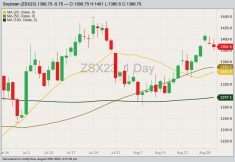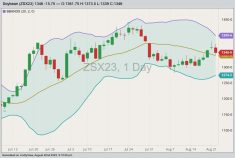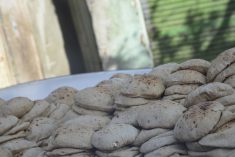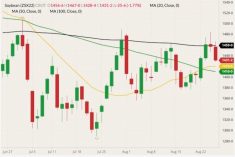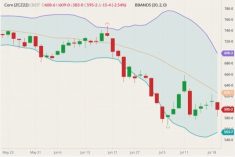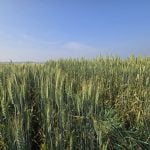Cairo/Abu Dhabi | Reuters — Egypt’s ability to buy wheat from abroad while demanding zero ergot fungus in shipments was dealt a serious blow on Wednesday, with state grain buyer GASC cancelling its tender after receiving just one offer.
It was the country’s first tender to purchase wheat since it reinstated its zero-tolerance ergot policy on Sunday — a move that baffled traders as implementation of the policy late last year had led to disruptions to its wheat buying program and higher prices.
Ergot produces toxic alkaloids that can lead to illness or hallucinations in large quantities, but is considered harmless to people at low levels. The toxins can also be harmful to livestock consuming ergot-contaminated grain or grasses.
Read Also
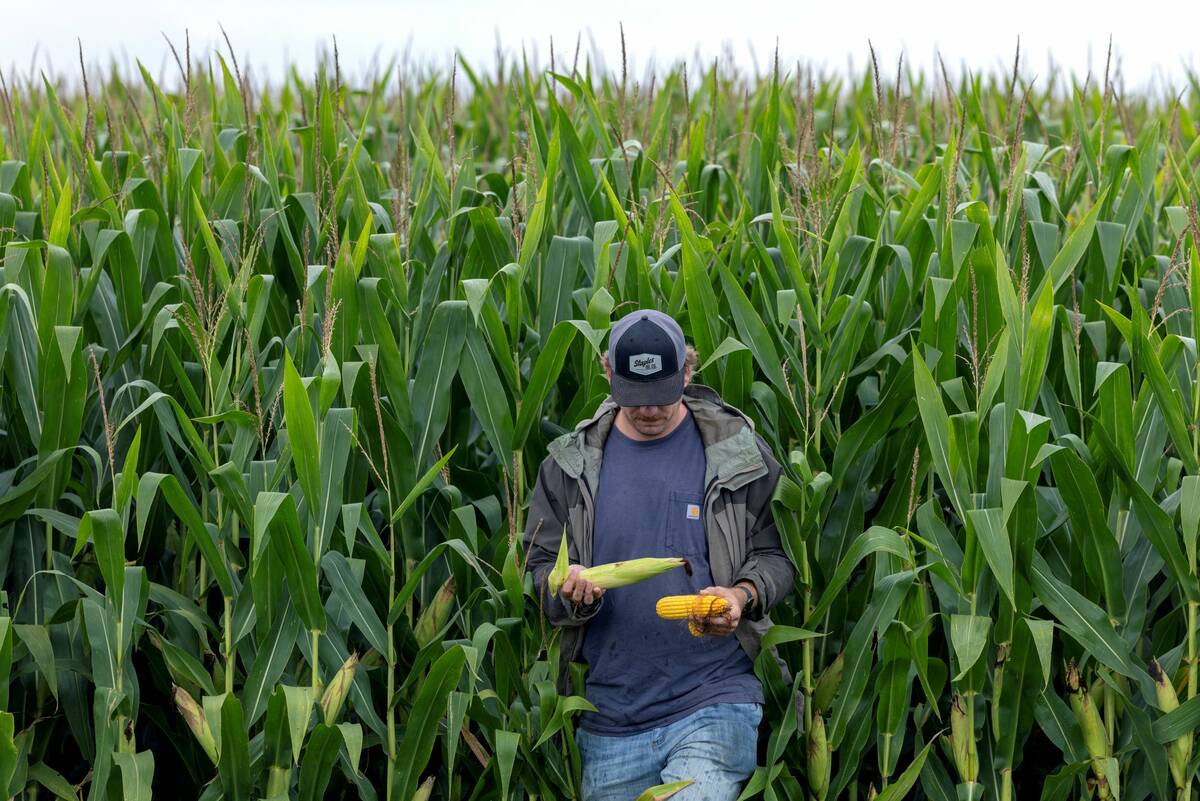
The U.S. corn crop could be the biggest ever. That’s terrible news for America’s farmers.
The USDA predicts a record corn crop for U.S. farmers, who question the agency’s accuracy amidst high debt and low crop prices.
The near-complete boycott at Wednesday’s tender underscores the difficulty of requiring ergot-free shipments even for a country such as Egypt, the world’s largest wheat buyer. It also calls into question Cairo’s ability to sustain a massive bread subsidy program while imposing a rule suppliers say is impossible to guarantee.
“After only receiving one offer we cancelled,” Ahmed Youssef, vice-chairman of GASC, told Reuters, with no further comment.
Trading house Venus submitted the lone offer on Wednesday, for 55,000 tonnes of Ukrainian wheat at US$179.32 a tonne on a free-on-board basis, traders said. Traders said other sellers boycotted the tender as they oppose Egypt’s policy.
GASC has in the past adhered to the more common international standard of 0.05 per cent ergot allowance, a level Egypt’s agricultural quarantine authority has criticized, arguing that even these trace amounts can contaminate plant life and give the fungus a foothold to flourish where it currently does not exist.
A total ban on the fungus imposed by the quarantine authority caused major disruptions to Egypt’s wheat imports earlier this year, with global trading houses declining to take part in its tenders.
Egypt subsequently adopted the more lax 0.05 per cent policy in July, only to reverse course on Sunday and announce it would once again not allow any ergot, an about-turn that helped push global wheat prices down.
Traders had anticipated that GASC may be forced to cancel the tender because of the poor response, though it was not legally required to do so.
A document outlining wheat specifications for the tender closing on Wednesday stated that, in accordance with an agriculture ministry decision, the tolerance for ergot fungus should be zero per cent, marking the first time GASC specifications matched the quarantine’s zero policy.
Despite the cancellation traders said low stocks could force GASC to return to the market soon.
“The stocks are very low and can probably only cover up to the second week of November and that’s including all the shipments that were booked since the last tender,” one Cairo-based trader said.
“It’s not looking good if they don’t take a decision and they’ve lost most of their credibility in the market,” he said.
The country’s renewed difficulty in purchasing wheat comes even as up to two million tonnes of the five million tonnes it announced as locally procured may be missing from stocks, the result of a local wheat-buying scandal that forced the minister of supply to resign last week.
GASC normally falls under Egypt’s supply ministry but is being run by trade minister Tarek Kabil following the supply minister’s resignation.
— Reporting for Reuters by Michael Hogan, Maha El Dahan and Eric Knecht; additional reporting for Reuters by Sybille de la Hamaide and Valerie Parent in Paris.



